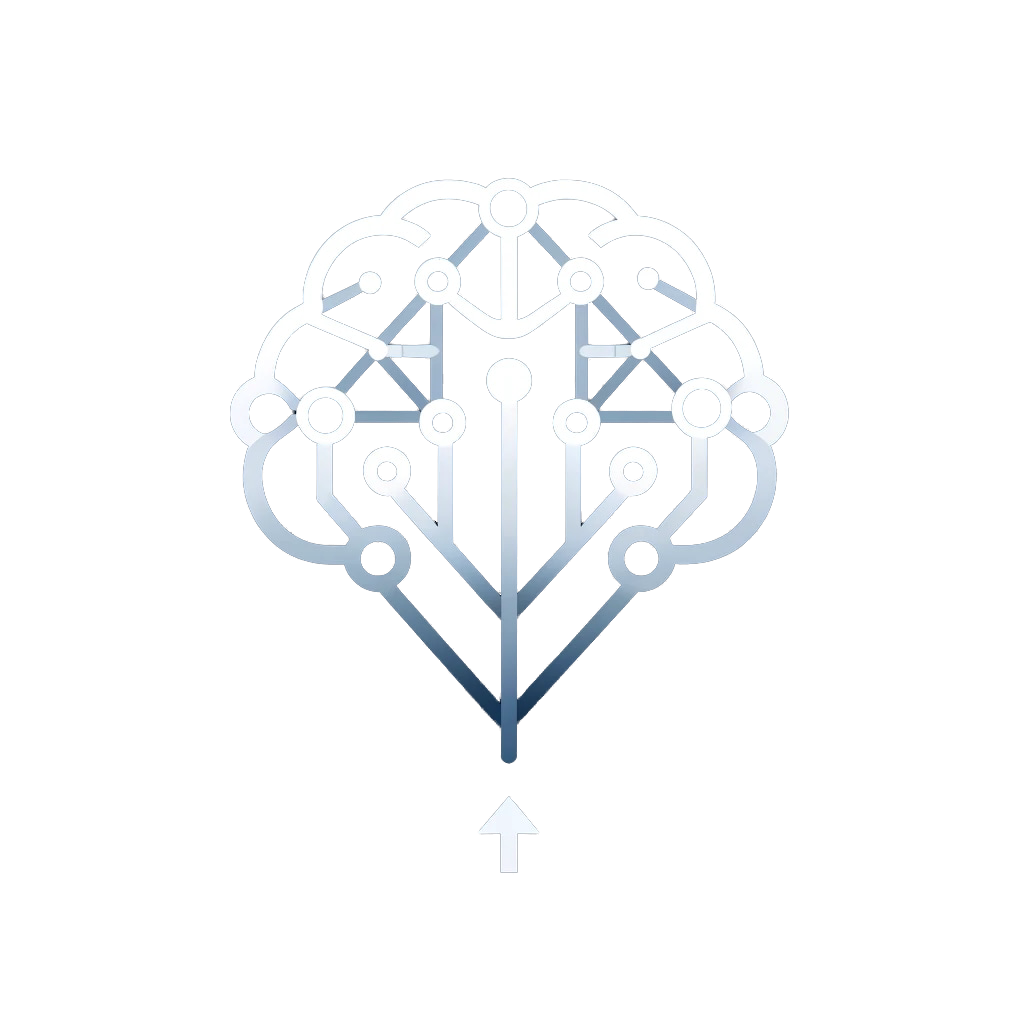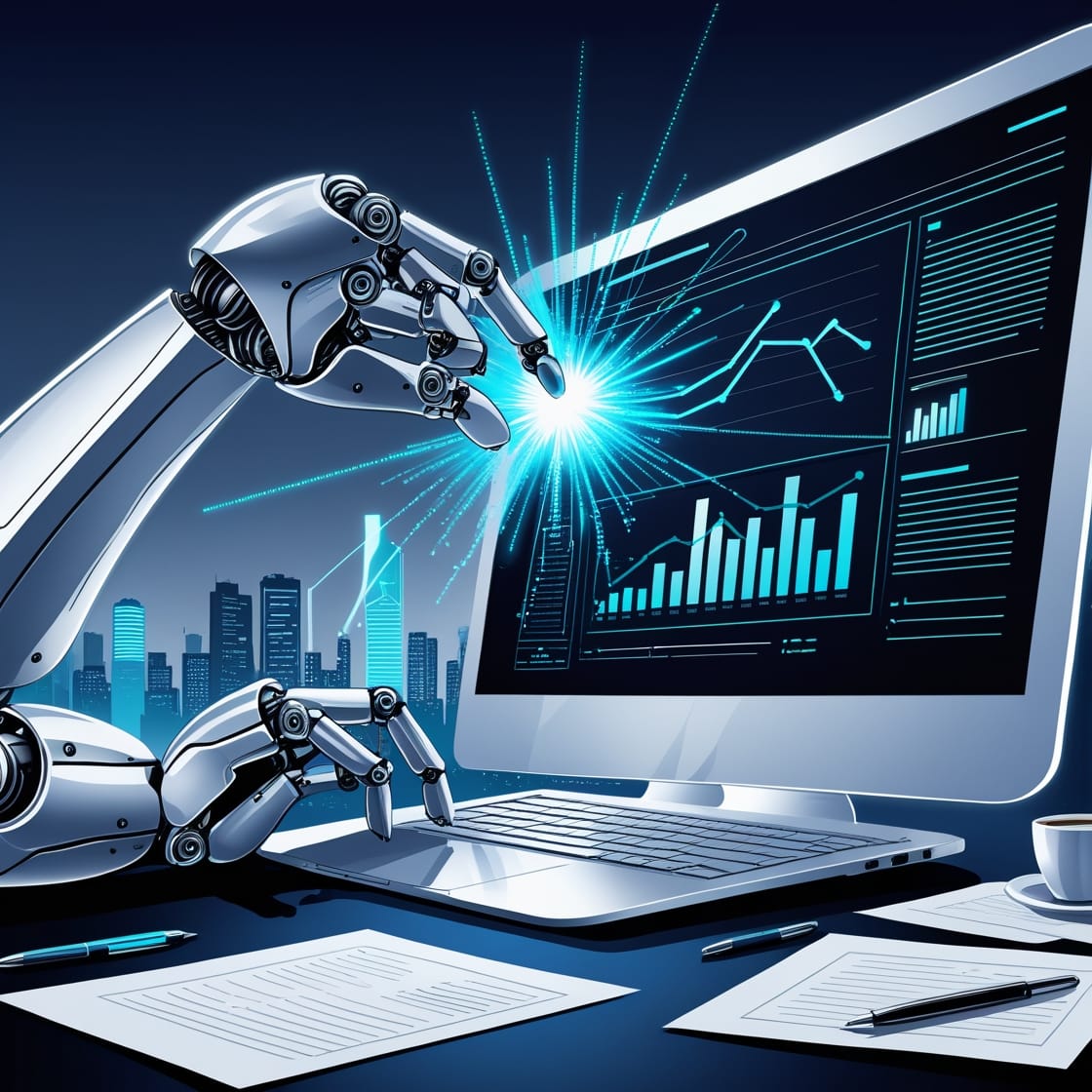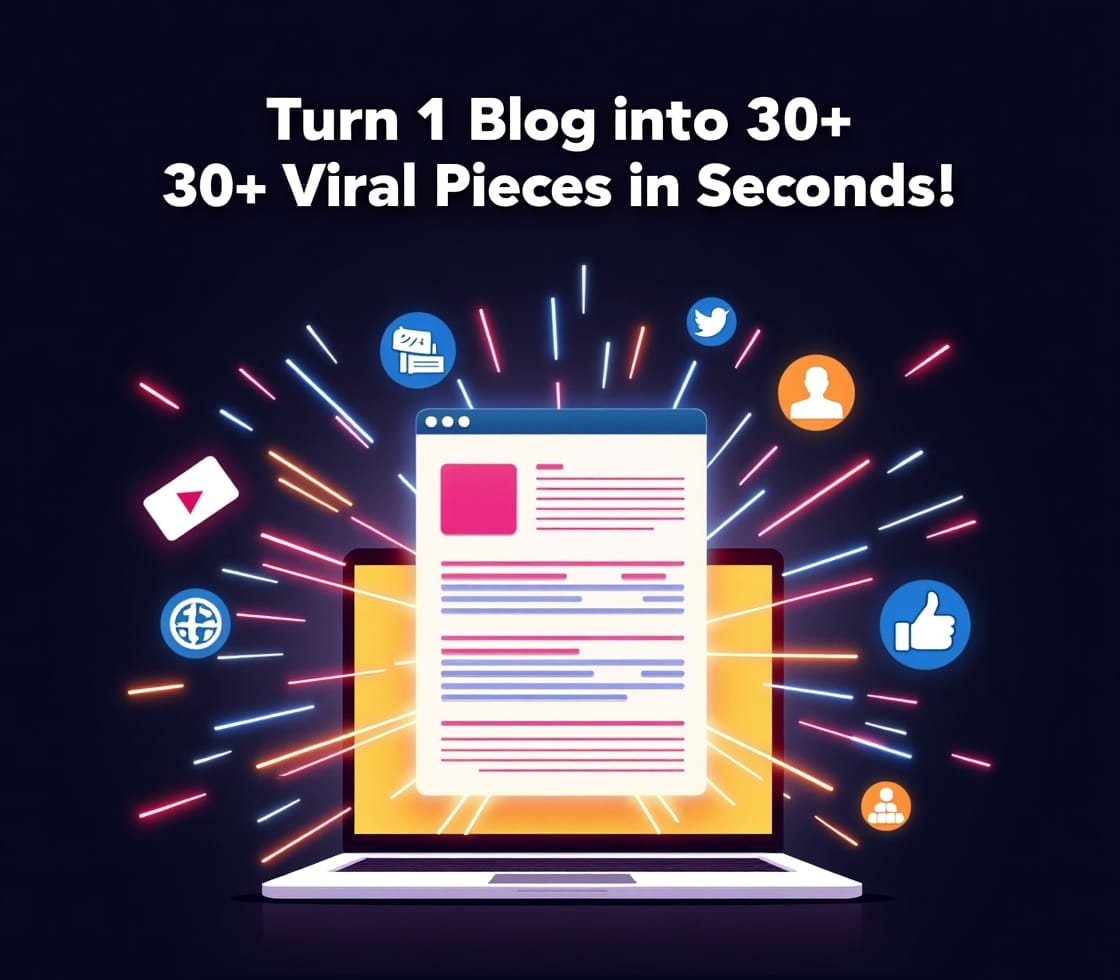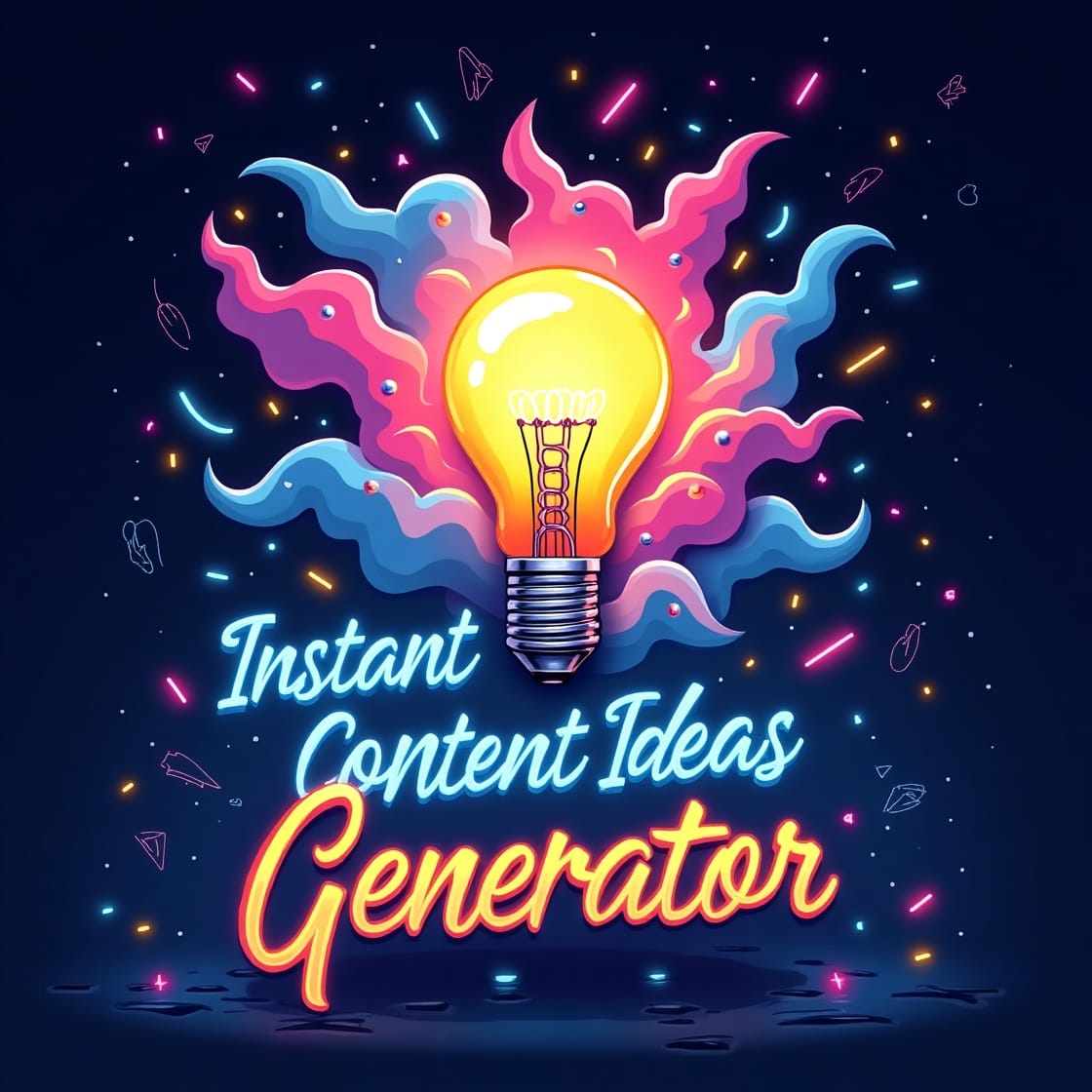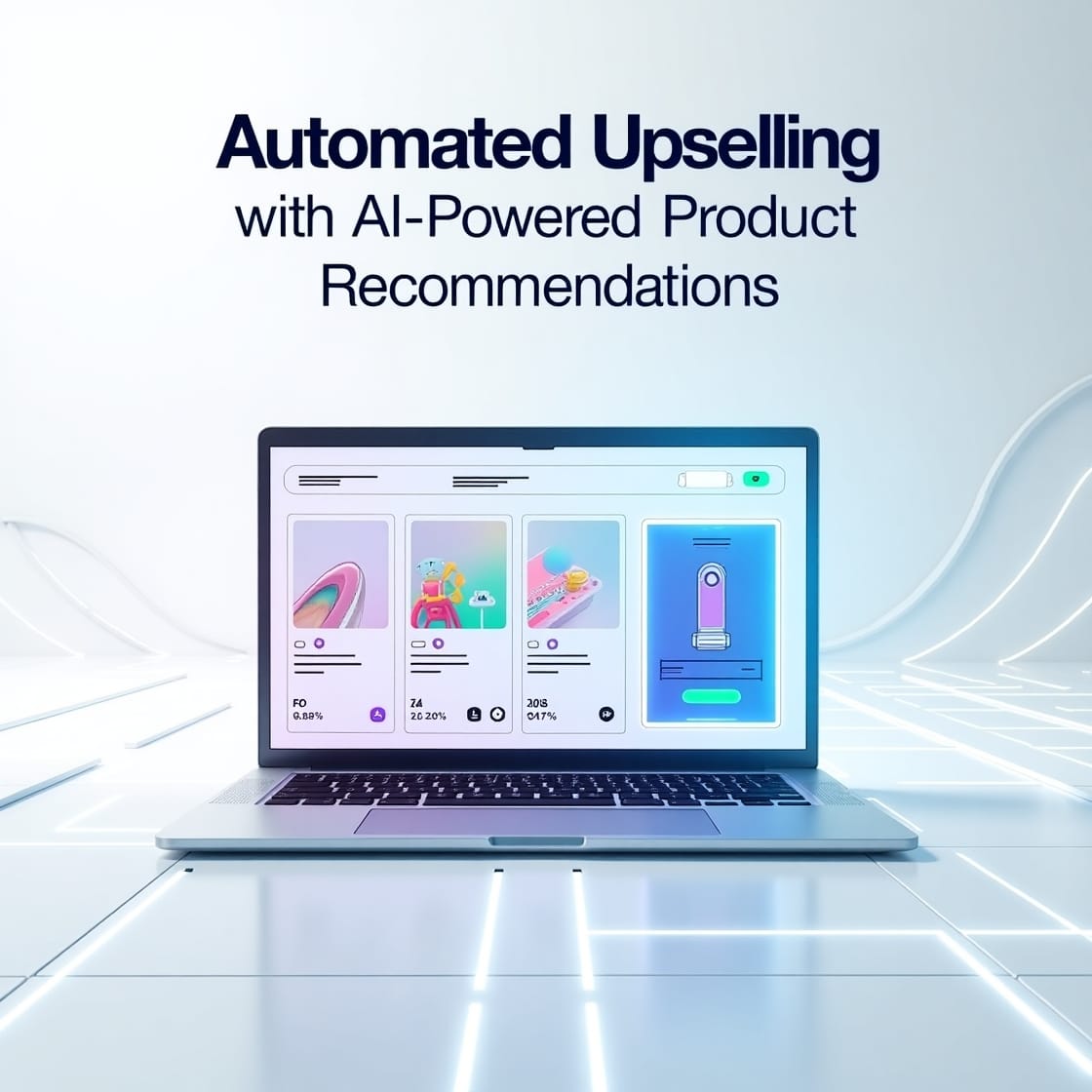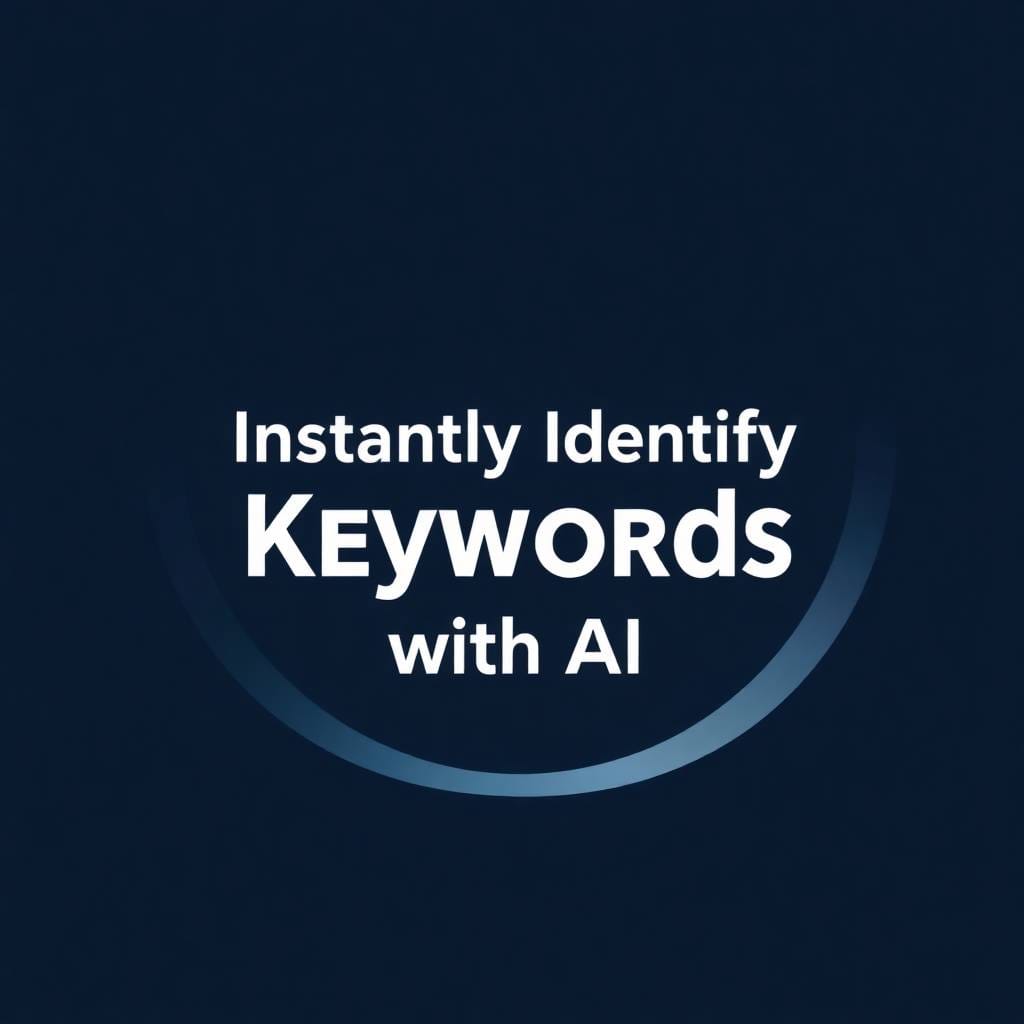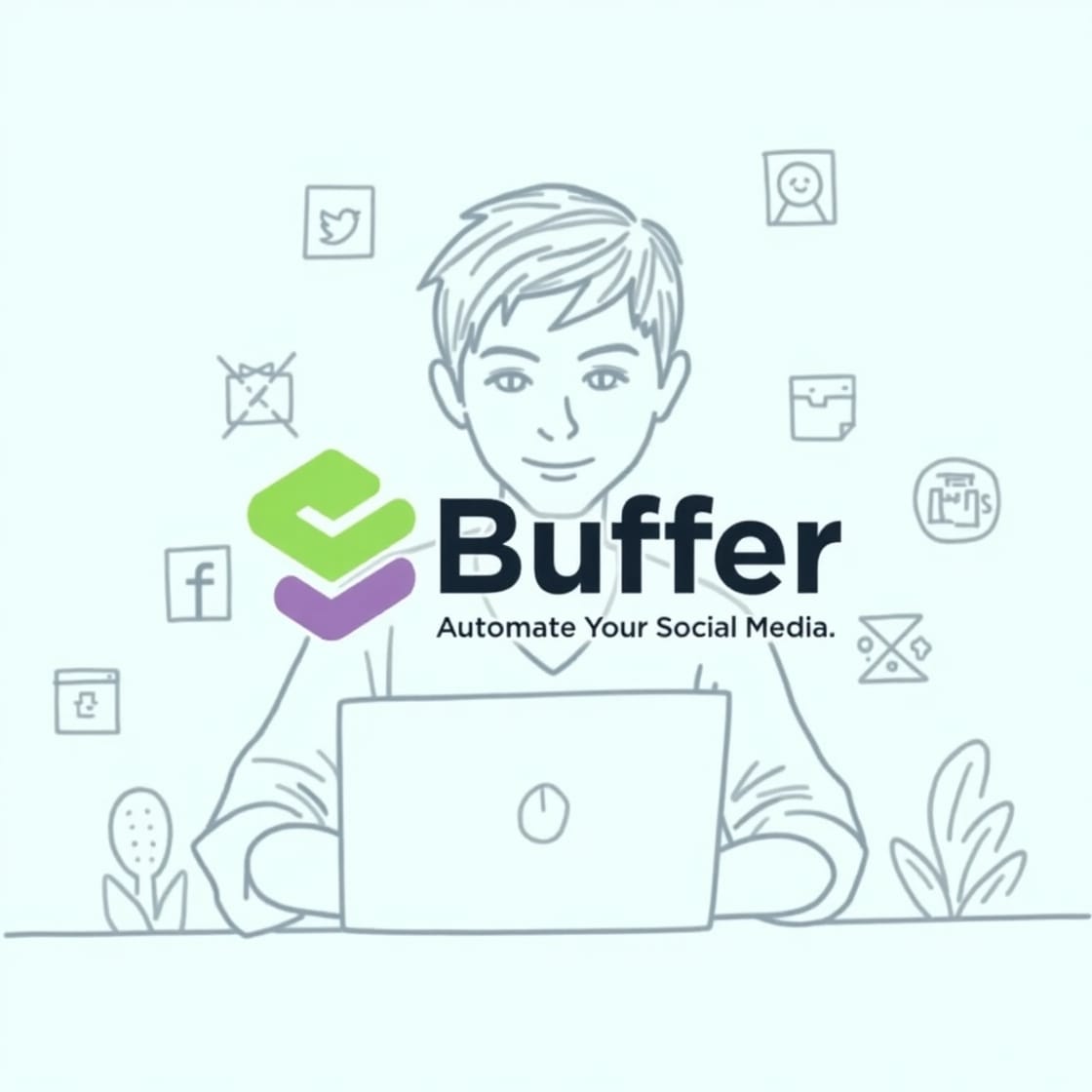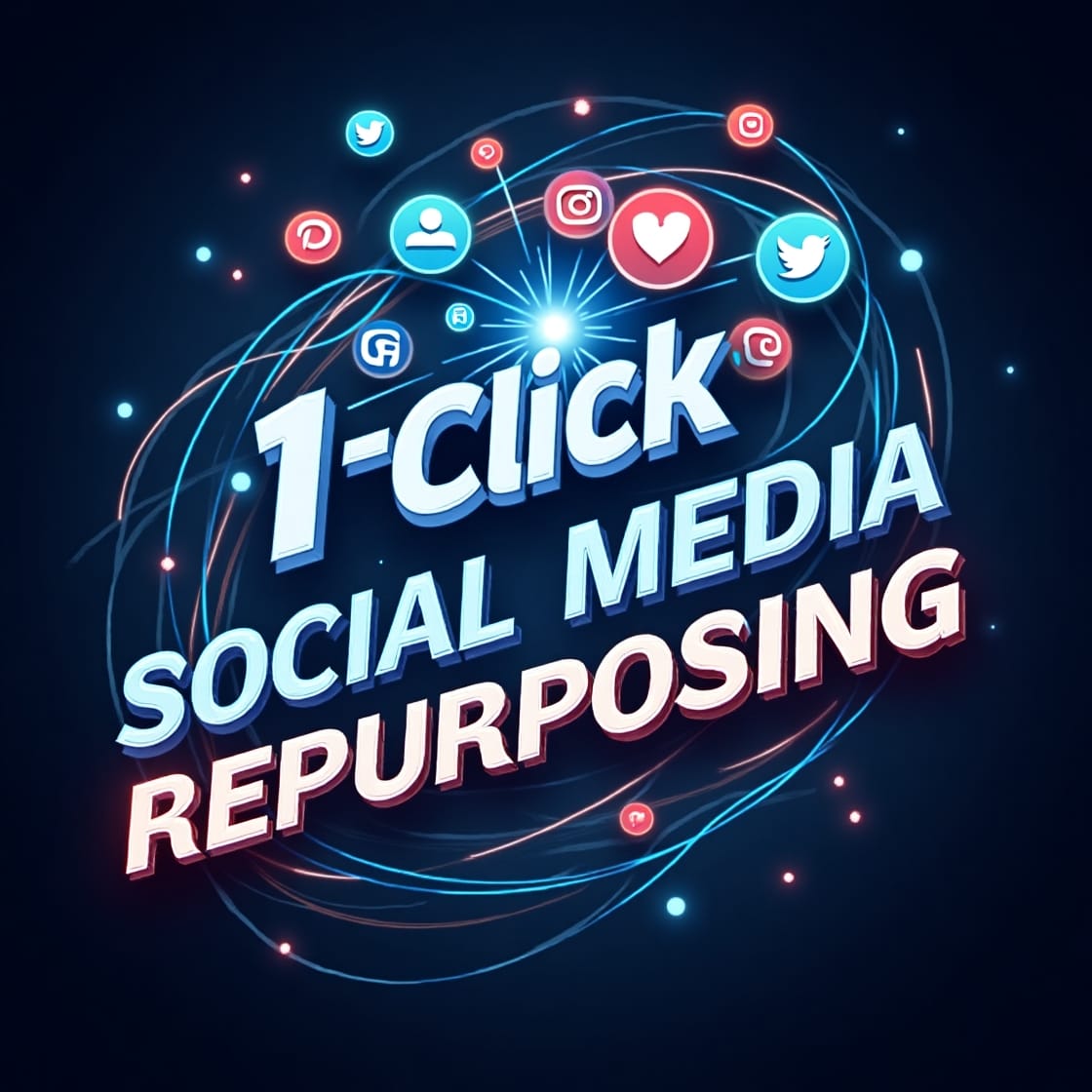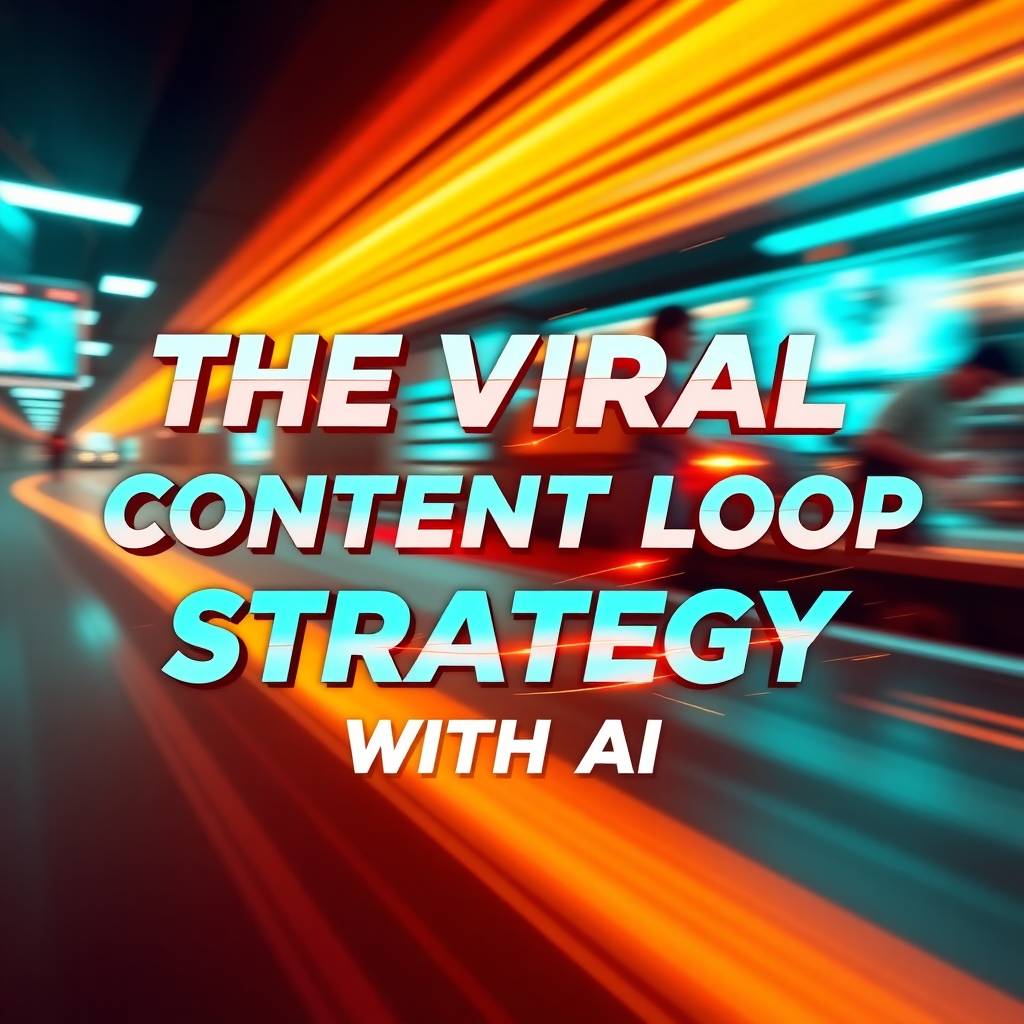Unlocking the Future of Marketing with Artificial Intelligence

Read Next
Get Exclusive Artificial Intelligence Marketing Insights Straight to Your Inbox!
Subscribe to Artificial Intelligence Marketing and unlock premium strategies, tools, and in-depth articles designed to give you a competitive edge. Each issue is packed with actionable AI-driven insights that help you stay ahead, connect with your audience, and drive real results. Don’t miss out—join our community of forward-thinking marketers today!

